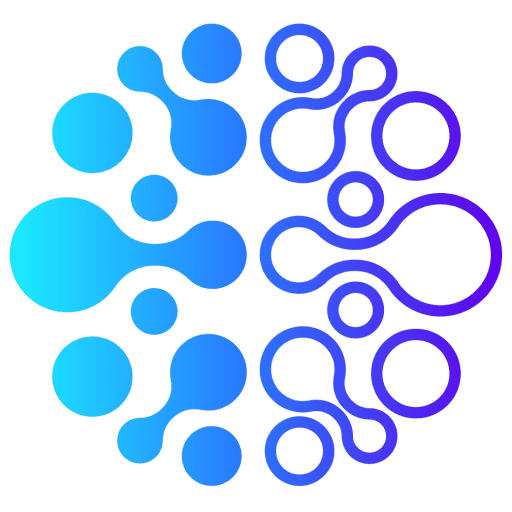Concepts
The digital transformation landscape is filled with unique terminology and buzzwords that can often feel overwhelming.
This section is designed to clarify key concepts and provide a clear understanding of the common terms used in the industry. Whether you're new to digital transformation or looking to deepen your knowledge, this glossary will serve as a helpful reference to the most important terms and concepts.
Capability
means in simpler teams, your team ability to deliver IT functions related, that assists organization in delivering its services.
Capability Level
This ability or capability is usually measured by how effectively it’s being carried out. You can think of it like a progress bar showing the level of sophistication achieved.
A common way to measure sophistication is through a scaled system known as the Maturity Model, developed by the CMMI Institute. It helps assess an organization’s capability on a scale of 1 to 5, where each level represents a step towards greater efficiency and effectiveness.
| Level | Name | Description |
|---|---|---|
| 0 | Unused | No usage for processes associated has not been needed. |
| 1 | Initial | Processes associated are unpredictable and reactive, often driven by individual effort. |
| 2 | Managed | Basic processes are established and repeated, but often remain reactive. |
| 3 | Defined | Processes associated are more proactive, standardized, and documented across the organization. |
| 4 | Measured | Processes associated are measured and controlled with data-driven insights. |
| 5 | Optimizing | Processes associated are continuously improved based on feedback and innovation. |
This description simplifies the concept of the Maturity Model while making it easy to understand how the levels relate to organizational sophistication.
